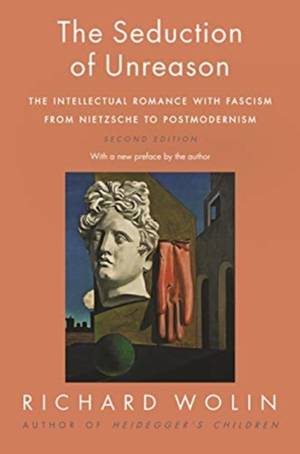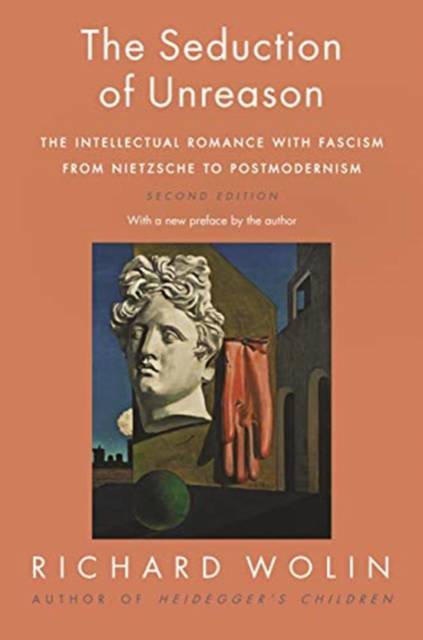
- Afhalen na 1 uur in een winkel met voorraad
- Gratis thuislevering in België vanaf € 30
- Ruim aanbod met 7 miljoen producten
- Afhalen na 1 uur in een winkel met voorraad
- Gratis thuislevering in België vanaf € 30
- Ruim aanbod met 7 miljoen producten
Zoeken
The Seduction of Unreason
The Intellectual Romance with Fascism from Nietzsche to Postmodernism, Second Edition
Richard Wolin
Paperback | Engels
€ 43,95
+ 87 punten
Uitvoering
Omschrijving
Ever since the shocking revelations of the fascist ties of Martin Heidegger and Paul de Man, postmodernism has been haunted by the specter of a compromised past. In this intellectual genealogy of the postmodern spirit, Richard Wolin shows that postmodernism's infatuation with fascism has been extensive and widespread. He questions postmodernism's claim to have inherited the mantle of the Left, suggesting instead that it has long been enamored with the opposite end of the political spectrum. Wolin reveals how, during in the 1930s, C. G. Jung, Hans-Georg Gadamer, Georges Bataille, and Maurice Blanchot were seduced by fascism's promise of political regeneration and how this misapprehension affected the intellectual core of their work. The result is a compelling and unsettling reinterpretation of the history of modern thought. In a new preface, Wolin revisits this illiberal intellectual lineage in light of the contemporary resurgence of political authoritarianism.
Specificaties
Betrokkenen
- Auteur(s):
- Uitgeverij:
Inhoud
- Aantal bladzijden:
- 424
- Taal:
- Engels
Eigenschappen
- Productcode (EAN):
- 9780691192352
- Verschijningsdatum:
- 30/04/2019
- Uitvoering:
- Paperback
- Formaat:
- Trade paperback (VS)
- Afmetingen:
- 155 mm x 229 mm
- Gewicht:
- 589 g

Alleen bij Standaard Boekhandel
+ 87 punten op je klantenkaart van Standaard Boekhandel
Beoordelingen
We publiceren alleen reviews die voldoen aan de voorwaarden voor reviews. Bekijk onze voorwaarden voor reviews.











